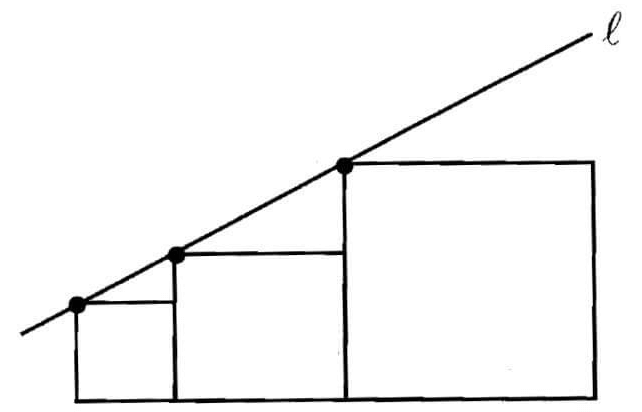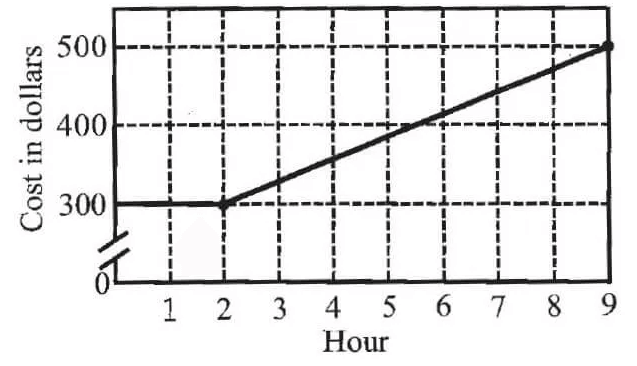PROOFS INVOLVING CARTESIAN PRODUCTS OF SETS
Question :
Let A = The set of all natural numbers less than 8, B = The set of all prime numbers less than 8, C = The set of even prime number. Verify that
(i) (A n B) × C = (A × C) n (B × C)
(ii) A × (B −C) = (A × B) − (A × C)
Solution :
A = The set of all natural numbers less than 8.
Natural number starts with 1.
A = {1, 2, 3, 4, 5, 6, 7}
B = The set of all prime numbers less than 8.
A number which is divisible by 1 and itself are known as prime numbers.
B = {2, 3, 5, 7}
C = The set of even prime number
C = {2} 2 is the one and only even prime number.
(i) (A n B) × C = (A × C) n (B × C)
L.H.S
(A n B) = {2, 3, 5, 7}
(A n B) × C = {(2, 2) (3, 2) (5, 2) (7, 2)} ----(1)
R.H.S
(A × C) = {(1, 2)(2, 2)(3, 2)(4, 2) (5, 2)(6, 2)(7, 2)}
(B × C) = {(2, 2)(3, 2)(5, 2)(7, 2)}
(A × C) n (B × C) = {(2, 2) (3, 2) (5, 2) (7, 2)} ----(2)
(1) = (2)
Hence proved.
(ii) A × (B − C) = (A × B) − (A × C)
A = {1, 2, 3, 4, 5, 6, 7}, B = {2, 3, 5, 7} and C = {2}
Solution :
(B - C) = {3, 5, 7}.
A × (B - C) :
= {(1, 3) (1, 5) (1, 7) (2, 3) (2, 5) (2, 7) (3, 3) (3, 5) (3, 7) (4, 3) (4, 5) (4, 7) (5, 3) (5, 5) (5, 7) (6, 3) (6, 5) (6, 7)(7, 3) (7, 5) (7, 7)} ----(1)
(A × B) = {(1, 2)(1, 3)(1, 5)(1, 7)(2, 2)(2, 3)(2, 5)(2, 7)(3, 2)(3, 3)(3, 5)(3, 7)(4, 2)(4, 3)(4, 5)(4, 7)(5, 2)(5, 3)(5, 5)(5, 7)(6, 2)(6, 3)(6, 5)(6, 7)(7, 2)(7, 3)(7, 5)(7, 7)
(A × C) = {(1, 2)(2, 2)(3, 2)(4, 2) (5, 2)(6, 2)(7, 2)}
(A × B) - (A × C)
= {(1, 3) (1, 5) (1, 7) (2, 3) (2, 5) (2, 7) (3, 3) (3, 5) (3, 7) (4, 3) (4, 5) (4, 7) (5, 3) (5, 5) (5, 7) (6, 3) (6, 5) (6, 7)(7, 3) (7, 5) (7, 7)} ----(2)
(1) = (2)
Hence proved.
Kindly mail your feedback to v4formath@gmail.com
We always appreciate your feedback.
©All rights reserved. onlinemath4all.com
Recent Articles
-
Digital SAT Math Problems and Solutions (Part - 146)
Apr 18, 25 06:52 AM
Digital SAT Math Problems and Solutions (Part - 146) -
Logarithmic Derivative Problems and Solutions
Apr 16, 25 09:25 PM
Logarithmic Derivative Problems and Solutions -
Digital SAT Math Problems and Solutions (Part - 145)
Apr 16, 25 12:35 PM
Digital SAT Math Problems and Solutions (Part - 145)

